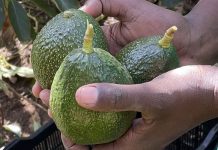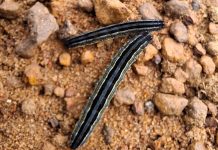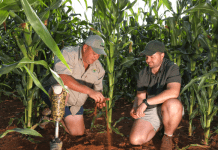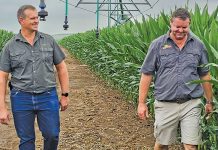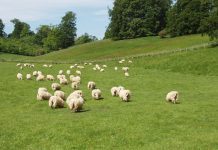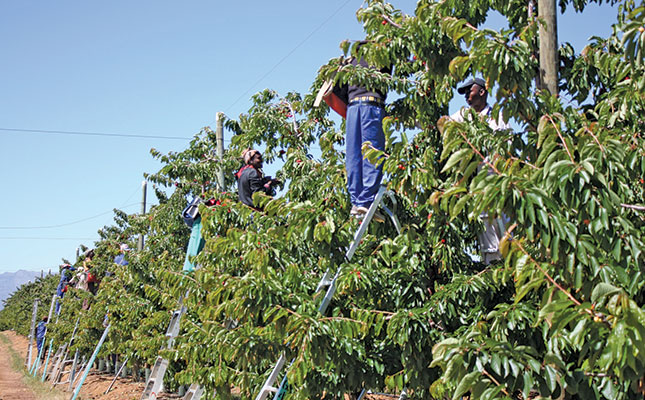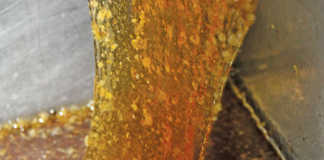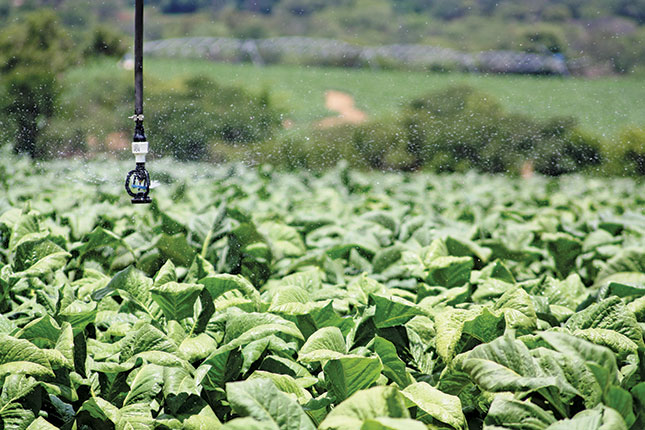
Zoueihid said that this initial contribution was only a fraction of the company’s economy-wide impact.
Of the company’s total tax contribution, excise duties accounted for R10,2 billion, which represented 27% of all excise tax collected in South Africa.
“BAT South Africa is responsible for supporting over 72 000 jobs across the country in various sectors, including retail, agriculture, businesses services, manufacturing and transportation. The majority of these jobs are within small businesses, and over 86% of [these] people are black South Africans,” Zoueihid said.
“We buy over 90% of all locally-grown tobacco leaf, worth some R550 million, which supports around 5 800 farming jobs. And with over 179 000 spazas, house-shops, taverns and convenience stores deriving an income from the sale of our products, we help sustain over 25 000 jobs in the retail sector,” Zoueihid said.
Joe Heshu, acting head of external affairs, said that BATSA was assisting emerging tobacco growers during the drought. They were also investing into harm reduction technology such as eating tobacco and e-cigarettes.
Despite the drought’s influence on the production of various agriculture sectors, SA’s tobacco production has remained largely unaffected.
Arturo Rodriguez, head of operations at British American Tobacco South Africa (BATSA), said that the association was not expecting a smaller crop for the coming season.
At the recent launch of a study conducted by independent analysts, Quantec Research, into BATSA’s contribution to South Africa’s GDP, Rodriguez said that last season’s local crop totalled over 10 million kilograms.
“BATSA bought 90% of locally produced tobacco, and also imported more to meet cigarette demand. BATSA exported to 22 countries from the Heidelberg, Gauteng, plant. Only 40% of the total demand was from local producers,” Rodriguez said.
BATSA’s total contribution to SA’s GDP was an estimated R18,4 billion, which was equivalent to 0,52% of the country’s entire GDP. Over 2 100 people bought goods and services worth R6 billion from local suppliers and generated R14,5 billion in tax revenues, the research revealed.


